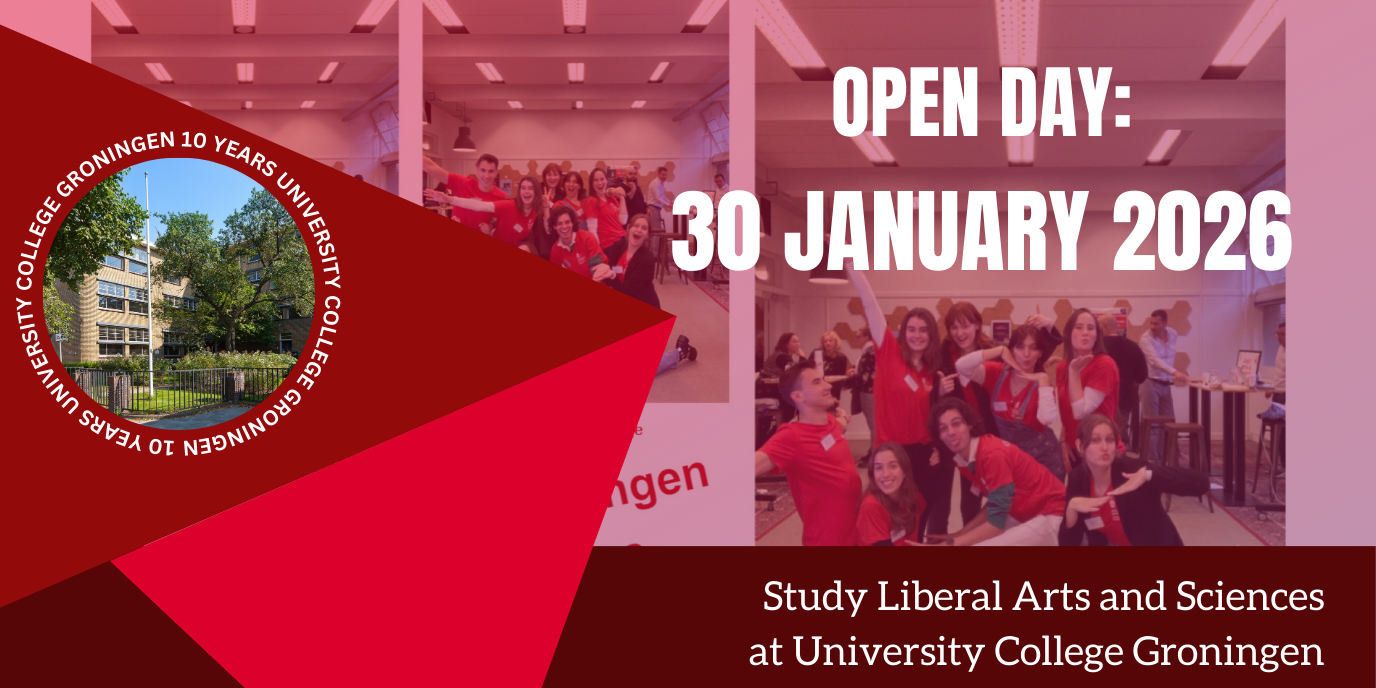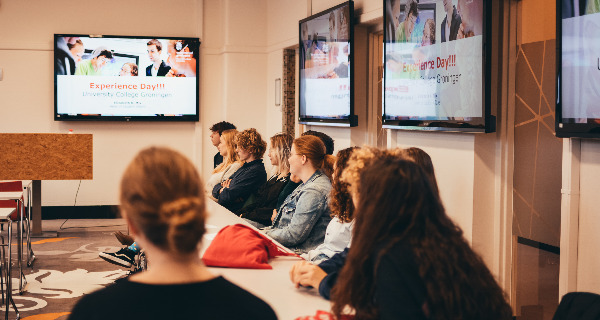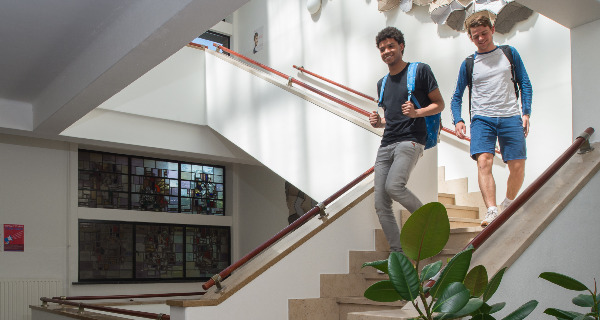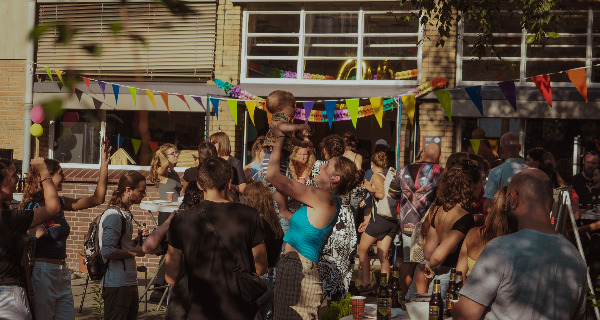University College Groningen
University College Groningen is a Faculty of the University of Groningen, one of the world’s top 100 universities. Our mission is to challenge you, and to give you the space and support to thrive. Our BA/BSc Liberal Arts and Sciences programme is designed to empower you to forge your own path, develop your own identity, and find your position in a constantly changing world.




